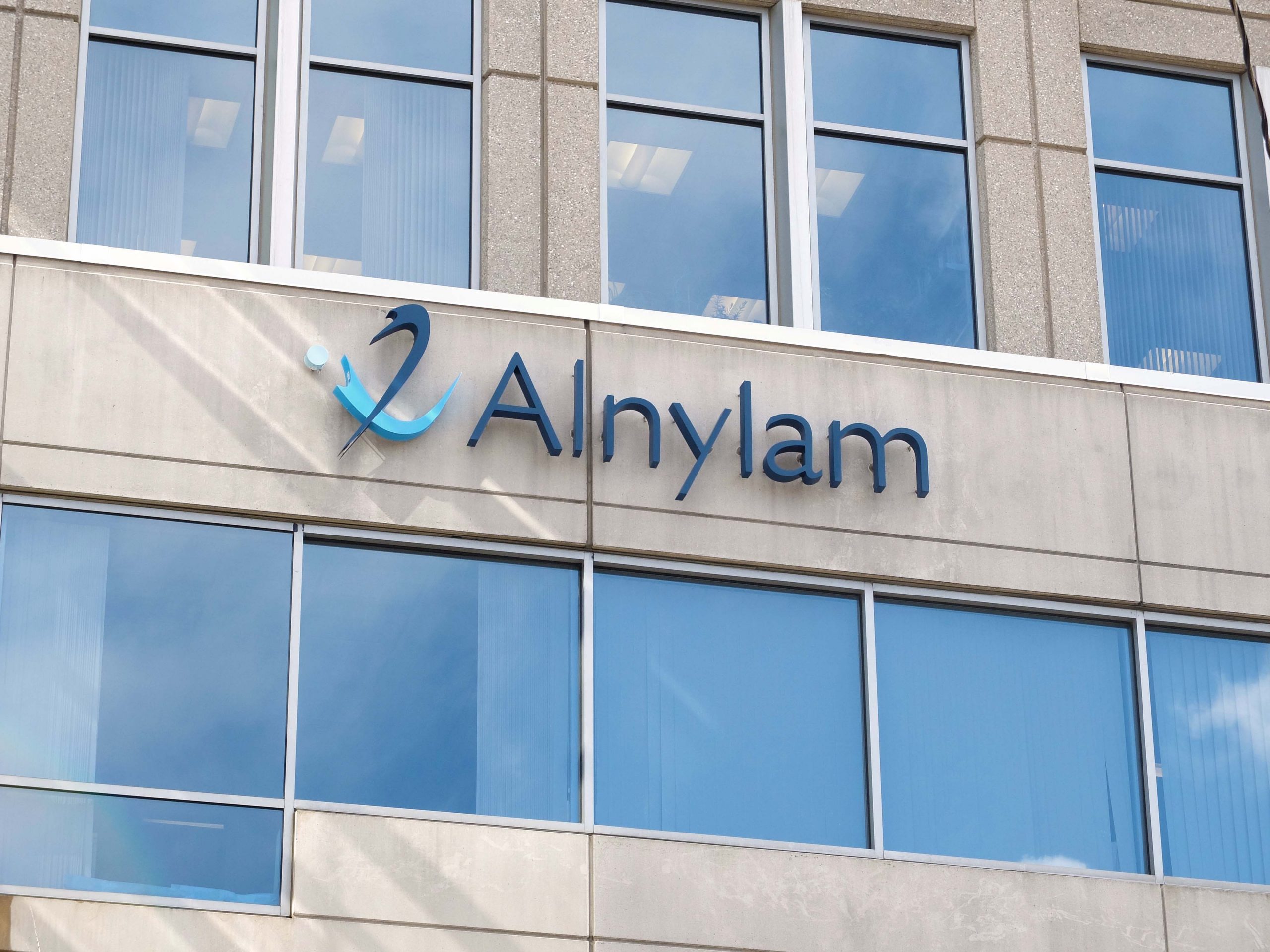Alnylam hopes for 2018 filing for RNAi liver disease drug

Alnylam is hoping to file a second RNA interference (RNAi) drug with the FDA by the end of 2018 after unveiling encouraging early-stage data for givosiran in a rare liver disease.
The technology uses small strands of RNA to silence or interfere with the coding of rogue proteins that cause certain diseases - but getting RNAi to produce meaningful results in the clinic has taken more than 15 years of investment from Alnylam and other biotechs.
But the technology is finally producing results in trials. Alnylam filed its first RNAi therapy with the FDA late last year, asking the regulator to review patisiran for the rare disease Hereditary ATTR Amyloidosis.
Alnylam’s RNAi rival Ionis is developing RNAi drugs with pharma companies such as AstraZeneca.
Massachusetts-based Alnylam announced results from phase 1 and phase 1/2 open-label extension studies of givosiran, an RNAi therapeutic targeting aminolevulinic acid synthase (ALAS1) for treatment of acute hepatic porphyrias (AHPs).
Results presented at the European Association for the Study of the Liver (EASL) – and a set of phase 1 figures showed givosiran led to rapid, dose dependent, and durable lowering of induced ALAS1 mRNA in patients with recurrent attacks.
Lowering of ALAS1 resulted in corresponding reductions in both aminolevulinic acid (ALA), believed to be the primary neurotoxic intermediate responsible for disease manifestations, and porphobilinogen (PBG).
Results seemed to support a monthly dose, and although there were serious adverse events reported in six patients, none were assessed as related to the study drug.
Alynlam added that a “robust treatment effect” was maintained in givosiran-treated patients with extended dosing in the open label extension (OLE) study.
Results again pointed to a monthly dosing schedule, at 2.5mg/kg strength, the company said. There were serious events in two patients – one presented with upper extremity deep vein thrombosis.
This was assessed as unlikely to be related to the study drug, due to the presence of catheter in a vein, and damage from chronic use of hemin, an older treatment for the condition.
Another had an anaphylactic reaction after the third dose of givosiran, which was linked to the study drug. Alnylam noted that the patient has a past history of asthma, oral allergy syndrome, and allergic reactions to acne cream possibly latex gloves.
The event was resolved with medical management and the patient quit the study.
Describing findings as “very encouraging”, Akin Akinc, general manager of the givosiran programme at Alnylam, said the results support an “accelerated” phase 3 development plan.
This would involve a filing later this year based on an interim analysis of the phase 3 ENVISION study in mid-2018.
Akinc said: “We expect to enrol the thirtieth patient into ENVISION in the coming weeks in support of the planned interim analysis in mid-2018, which, if positive, would support a potential NDA filing for givosiran by end of this year.”











